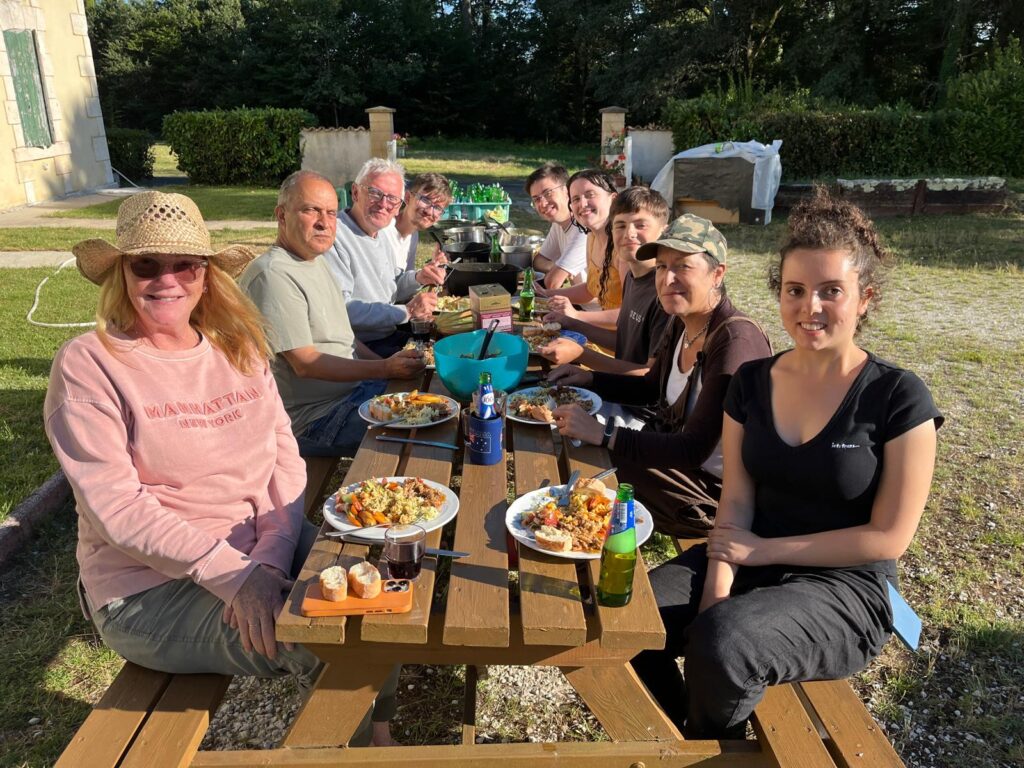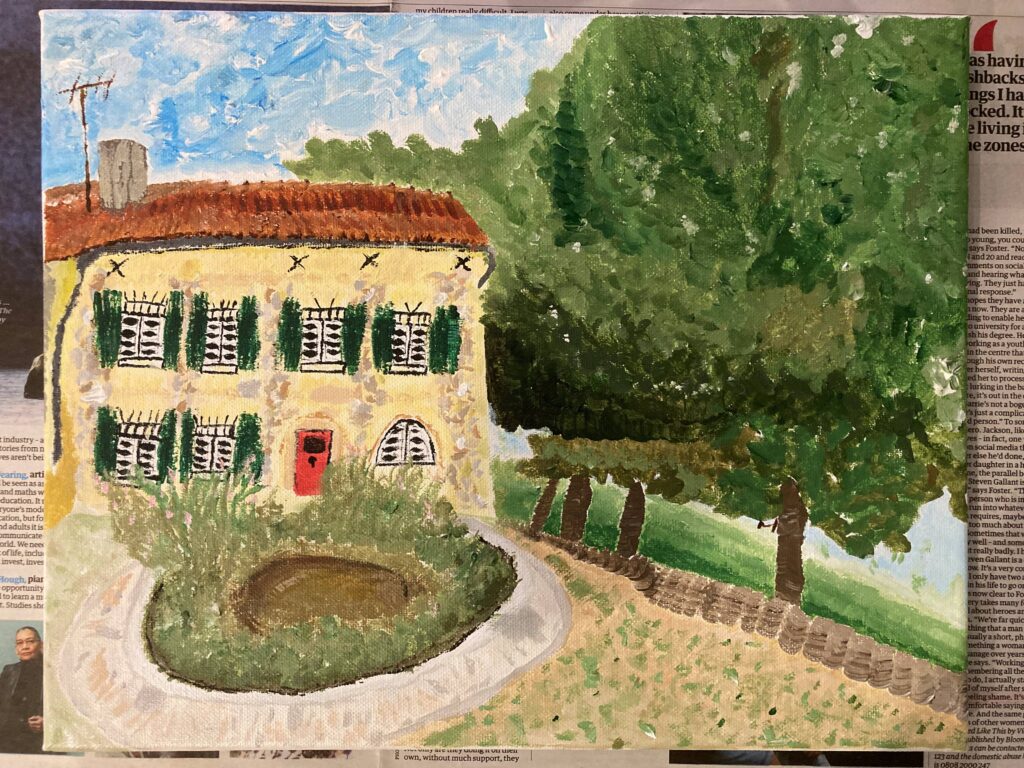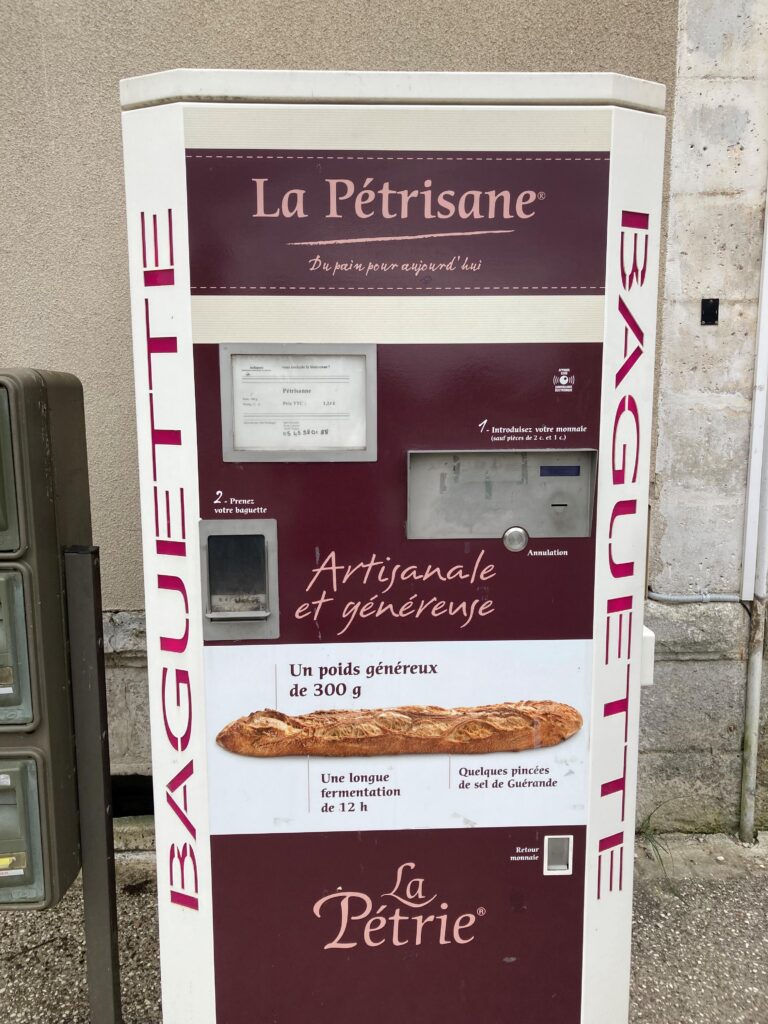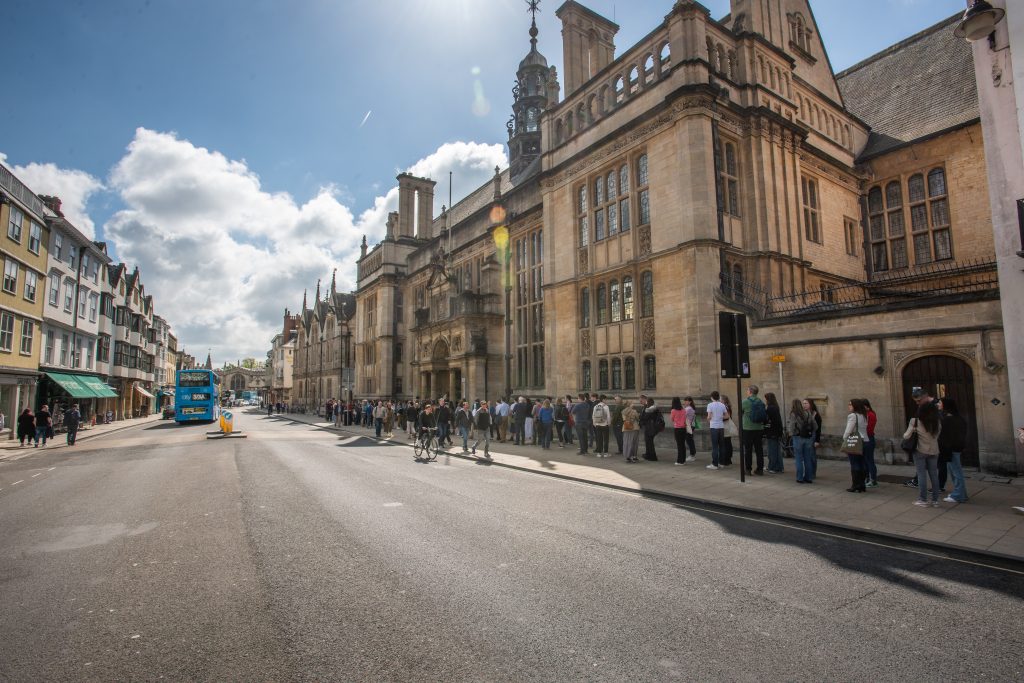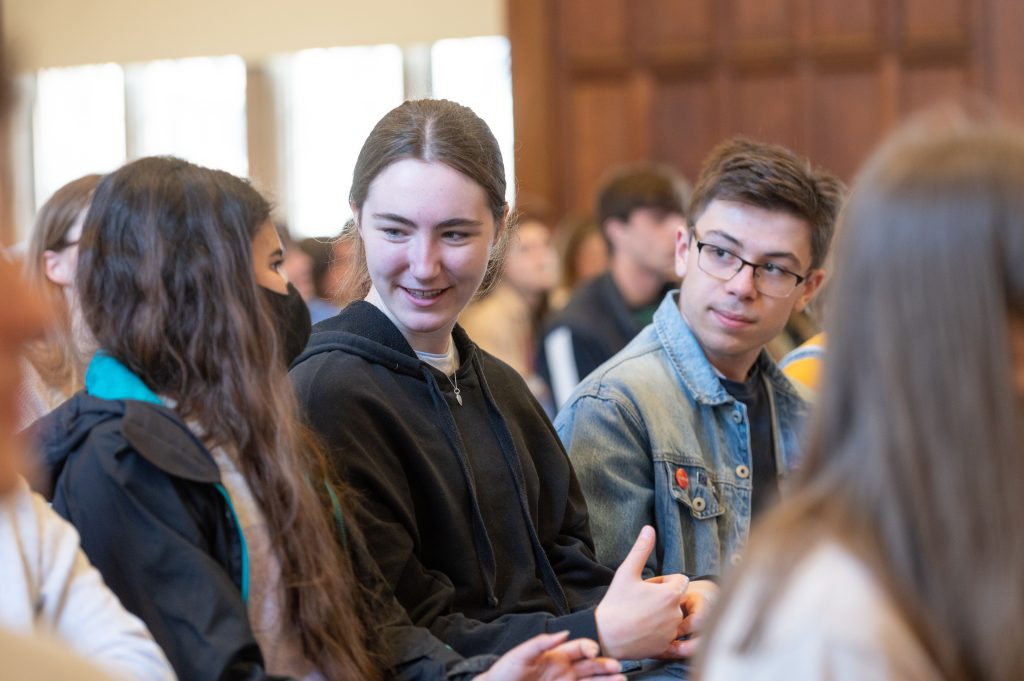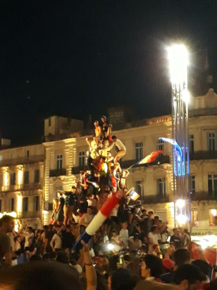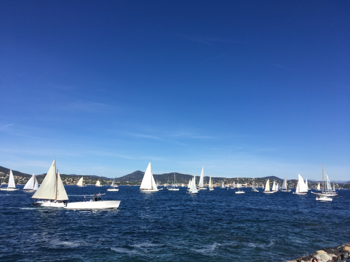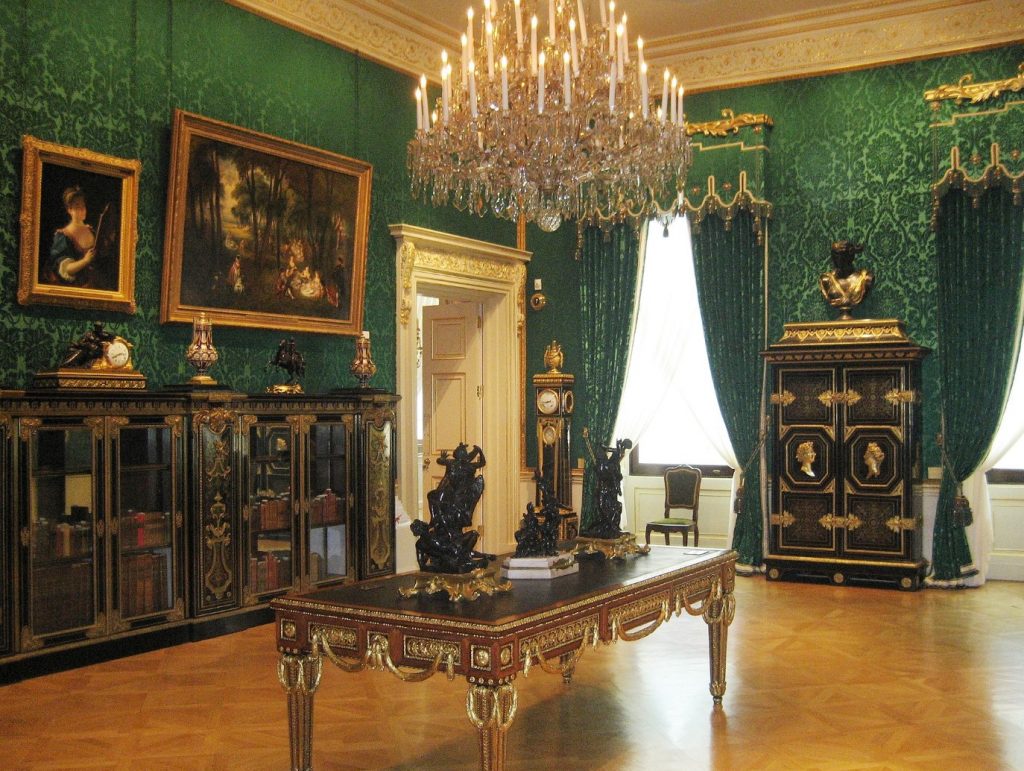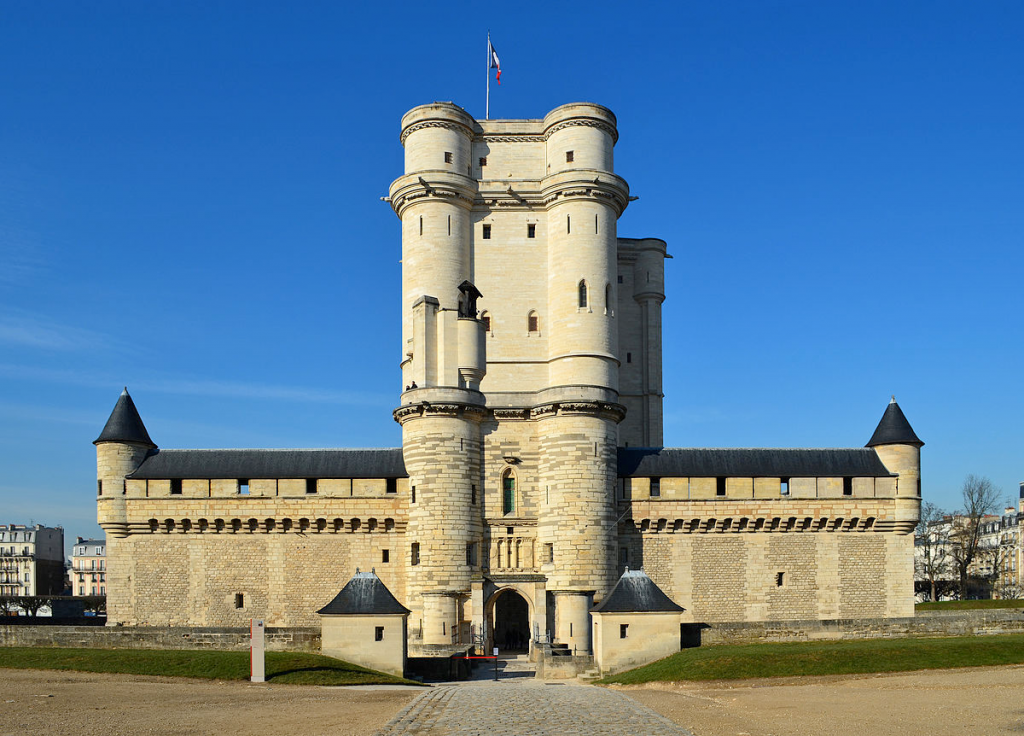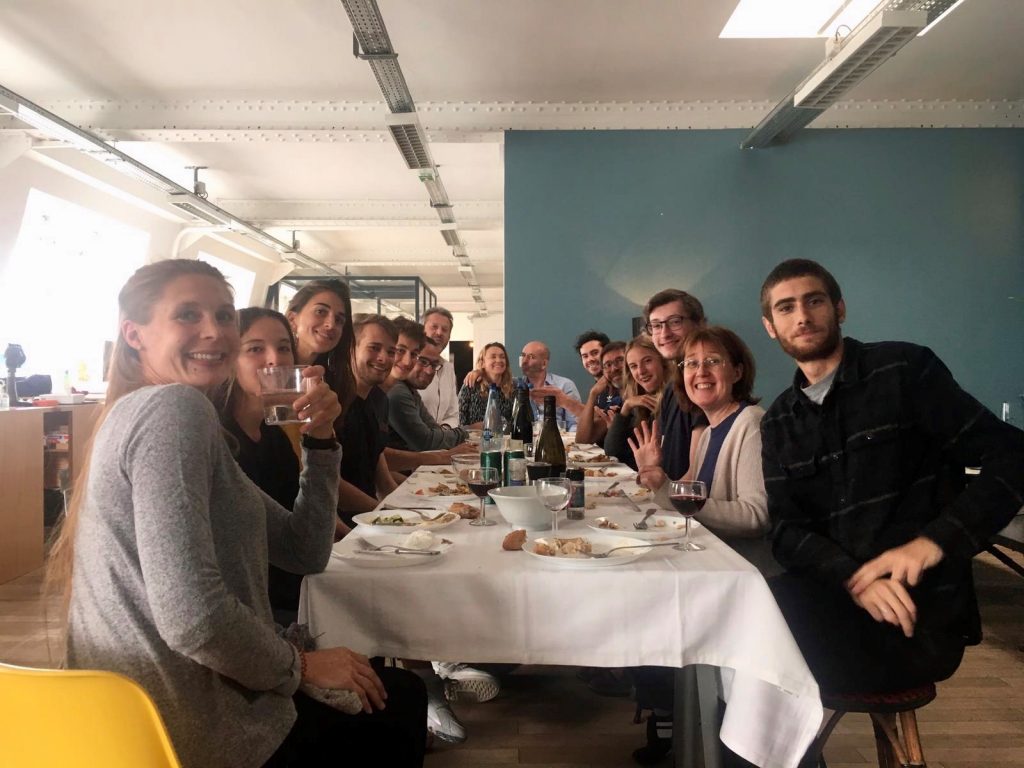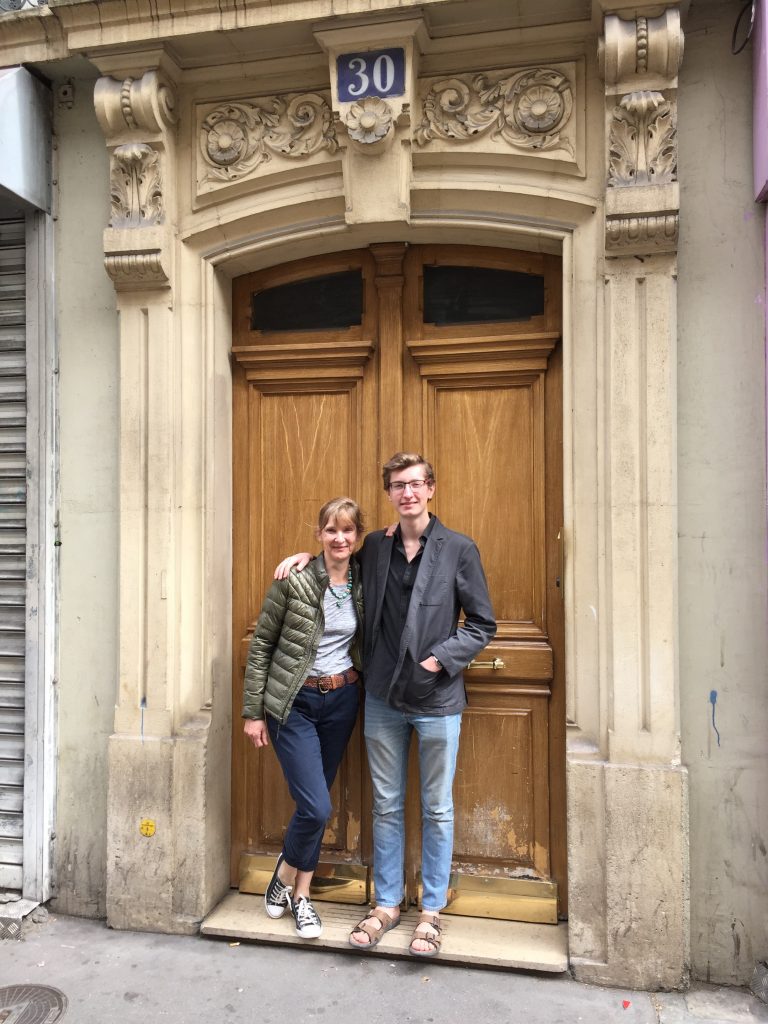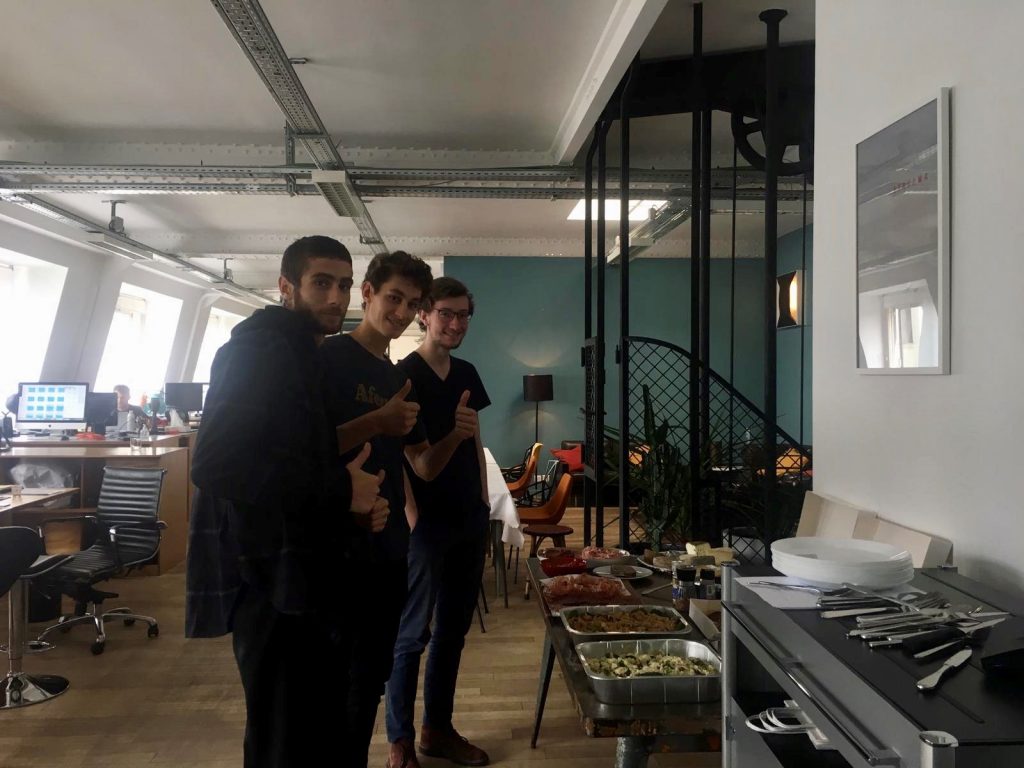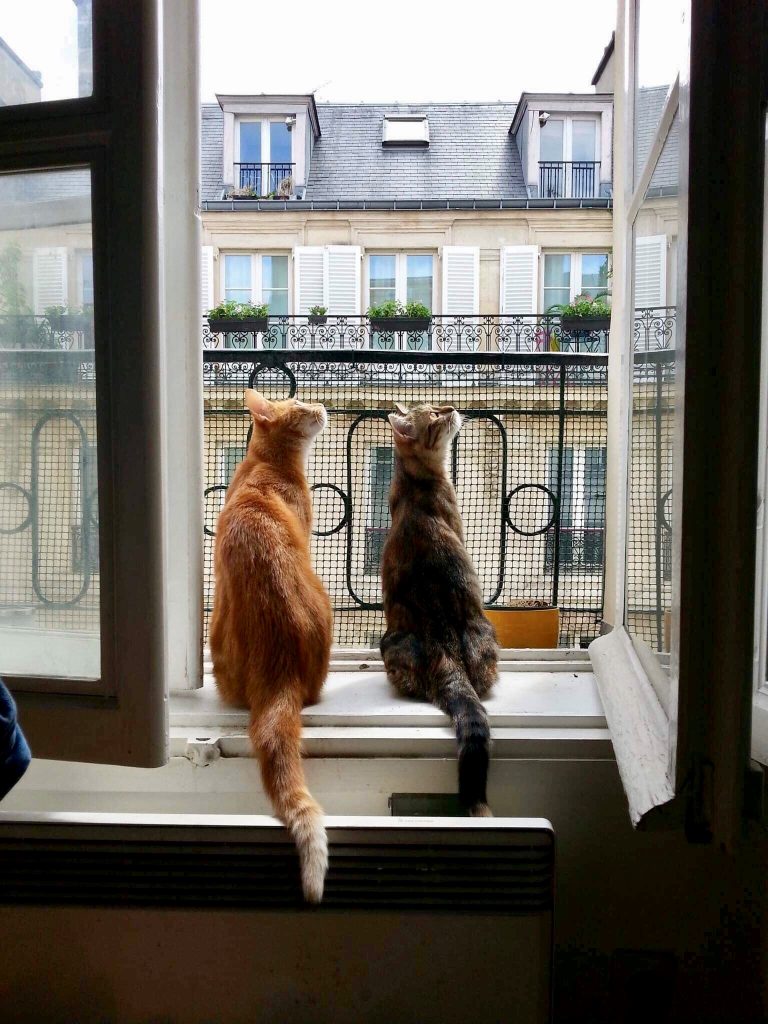On the blog this week, second year French and History student, Eleanor, talks about her internship in Mauritius!

This summer, I completed an internship on the beautiful island Mauritius – a wonderful melting pot of different languages and cultures. During Trinity term (the final term of the Oxford year), I, like many other students, was scrolling through Oxford’s careers website to find a meaningful way to spend my summer. At Oxford, we’re really lucky to have access to hundreds of summer internship opportunities, and a supportive careers service who want to help build your professional skills. I came across an advertisement for a children’s NGO, M-Kids Association, who were looking for Humanitarian Interns to come and help with the management of the charity. The advertisement specified that French-speakers were desirable, which also motivated me to apply. As a French student, I am always on the lookout for any chance to use and improve my language skills – especially in a non-European environment. Also having years of experience working with children and volunteering under my belt, I decided to apply.

After receiving my offer, I contacted the Oxford careers service to discuss funding options. Flights, accommodation, travel to the airport…Mauritius was not going to be cheap. However, I am very fortunate to be a receiver of Oxford’s Crankstart scholarship – a bursary which awards up to £3,200 to low-income students for unpaid or poorly paid internships. Oxford’s generous funding made this internship possible, which I am deeply grateful for.
I was initially really worried about travelling so far. I’d never been out of Europe alone, so a long-haul flight with a layover felt daunting. To calm my nerves, I spoke to members of staff at the airport, and asked them for help with checking in my bags correctly, finding the departure lounges and finding my seats on the planes. They were all more than happy to help me, which made me feel a lot more comfortable.

The charity is located near Port Louis, the capital of the country. Upon my arrival, I was instantly struck by the use of different languages. Officially, three languages are spoken in Mauritius: Créole (the most widespread), French and English. Out of French and English, my colleagues and the children I worked with tended to be most comfortable in French.
I was given my work tasks the day after arriving. I would be working with another Oxford intern to research the Mauritian curriculum and attainment levels to design a new programme of remedial classes for children in the local area. The other intern and I decided to focus on teaching maths and English, and we created engaging games to keep the children interested. We focussed on reinforcing the foundations of these subjects, such as common vocabulary in English and basic multiplication in maths.
The first twelve weeks of our programme would be a trial period to assess whether our games were working well. This included ‘maths hopscotch’ and drawing pictures to match up with English words. I taught mainly in French, but also encouraged some of the older children to speak English. This meant that my lessons were often a Franglais mix!

Any language learner would find working in Mauritius absolutely fascinating. My colleagues at the charity taught me basic phrases in Créole, such as ‘Ki manyèr ?’, which means ‘how are you?’. Tracking the developments in Mauritian Créole from French (for example, the phrase ‘Ki manyèr’ has developed from the French phrase ‘de quelle manière ?’) made me fully appreciate just how complex language can be. Language is always changing, and the way that languages are used today has been formed through historical events, such as colonisation
One of the key projects of the association is their ‘Share a Meal’ programme, in which they give free, hot and healthy meals to local children from low-income households. I really enjoyed taking part in this programme, as I felt fully integrated into Mauritian culture. The adults and children all prayed and ate together, and we carried out the Sunnah practice of sitting down to eat. I felt really lucky to be part of such a welcoming community and enjoyed learning from the children about their religious practices.
All religions exist in harmony in Mauritius. I visited Hindu temples, cathedrals and mosques whilst there. The colleagues at the charity were primarily Muslim, but they were still excited to show us other important places of worship. I really admired the respect between religions and how this makes up such a bright and interesting culture.

The experiences I’ve described make up only a fraction of my time in Mauritius – participating in an MMA lesson in Créole, meeting the British High-Commissioner to Mauritius and travelling widely were also highlights. My time here was one I will never forget, and my understanding of and love for other languages and cultures has grown significantly.




